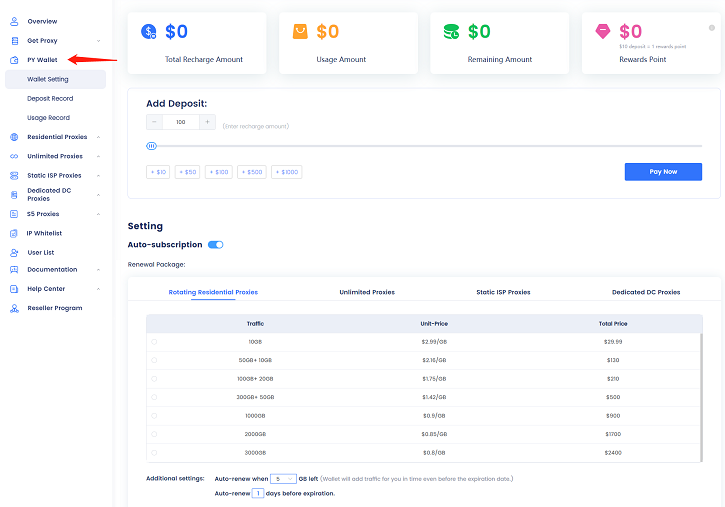VPN vs Proxy — Which Should You Use & When? from buzai232's blog
VPN vs Proxy — Which Should You Use & When?
Proxies come with a lot of issues. Potential access to your personal credentials, challenging setup, and the fact that it caches and saves all online data (even private details) make a proxy significantly less secure than a VPN. Your IP address might not be unique to the proxy either, as proxy providers often share IPs. To get more news about change ip address, you can visit pyproxy.com official website.

This doesn’t mean every proxy is bad, it just means you need to be very diligent about choosing one. Trusted proxy servers are great for one-time use or instances where you don’t care about security and privacy. Still, you’ll find the answer to VPN vs proxy isn’t black and white, there’s a lot of gray area to consider.
What Is A VPN?
VPNs are cybersecurity tools millions of people use to increase their online anonymity. Once you connect to the VPN and choose your location, it routes your traffic through a secure server in the city and/or country you selected — this masks your IP address with one from our network. A VPN also uses strong encryption methods to mask your traffic and make it unreadable if someone does manage to intercept it.
Trustworthy VPN providers adhere to a strict No Logs policy. This means they never collect usage information or track your online activity for any reason. Additionally, you can connect to any location on the VPN network for safe online browsing anywhere it has servers.
What Is A Proxy Server?
Proxy servers are routers or systems used to create a private tunnel between client traffic and its final destination. Proxies provide an IP address primarily through virtual servers or partnering systems to attempt to mask your location and personal information.
Free proxies don’t offer any form of traffic encryption and also store user data to provide faster access to regularly visited websites. The problem is that caching makes it easier for internal and external parties to get a hold of your online information because it’s in one place.
If you want to choose or change your location, a free proxy is a bad idea. Free proxy services aren’t designed to allow you to easily choose a location. Worse yet, many make configuring the service to your network complicated, so if you aren’t tech-savvy it can frustrate you quickly.
Paid residential and datacenter proxies are a better solution if you want to hide your IP and secure your traffic. While they don’t provide the same strong security and privacy features as a VPN, you generally get some form of traffic encryption to mask your data and an IP that’s unlikely to be used by spammers.. Depending on your provider
Post
| By | buzai232 |
| Added | Jul 26 '23, 09:49PM |
Tags
Rate
Archives
- All
- December 2017
- November 2017
- October 2017
- September 2017
- June 2017
- May 2017
- December 2018
- November 2018
- October 2018
- September 2018
- August 2018
- July 2018
- June 2018
- May 2018
- April 2018
- March 2018
- January 2018
- December 2019
- November 2019
- October 2019
- September 2019
- August 2019
- July 2019
- June 2019
- May 2019
- April 2019
- March 2019
- January 2019
- December 2020
- November 2020
- October 2020
- September 2020
- August 2020
- July 2020
- June 2020
- May 2020
- April 2020
- March 2020
- January 2020
- December 2021
- November 2021
- October 2021
- September 2021
- August 2021
- July 2021
- June 2021
- May 2021
- April 2021
- March 2021
- February 2021
- January 2021
- December 2022
- November 2022
- October 2022
- September 2022
- August 2022
- July 2022
- June 2022
- May 2022
- April 2022
- March 2022
- February 2022
- January 2022
- December 2023
- November 2023
- October 2023
- September 2023
- August 2023
- July 2023
- June 2023
- May 2023
- April 2023
- March 2023
- February 2023
- January 2023
- December 2024
- November 2024
- October 2024
- September 2024
- April 2024
- March 2025
- February 2025
- January 2025
The Wall